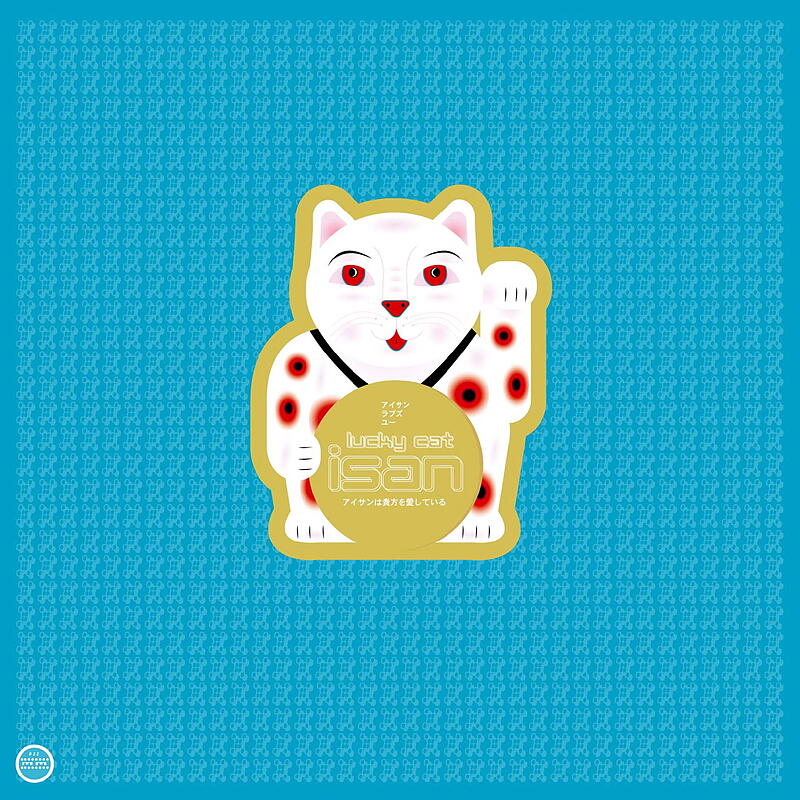if you happen to live in the UK and tried recently to get a DSL connection, you probably have seen hell. No chance, at least in the south of the country. This is where Robin Saville and Antony Ryan kept a whole legion of telecommunications technicians busy connecting their two studios with every inch of optic cable available, no matter if floods or petrol shortages were in the way.
»Why set up a data network in between the two studios?«, one asks, because these two luddites, ISAN (compared to isdn, anything but digital) love old analogue electronic devices to make music, instruments from a time when synthesizers were developed in attics; when air-conditioned offices, where hundreds of coding-slaves would program new organ-presets, were still an unknown phenomena. equipment you not only need screwdrivers for, but also furniture polish. Synthesizers and drum boxes which were affordable even when they were manufactured and which rock bands with mellotrons and modular walls laughed at. Over the last few years, Robin and Antony proved that these machines are capable of great things too. With numerous releases – preferably on 7inches of course – they managed to book reservations for front row seats in our record racks. Little melodies appear, dragging you along on their journey towards dawn, slowly unveiling their real inner-self, and banishing evil ghosts.
»Lucky Cat« starts where »Salamander«, ISAN's last album on Morr Music, stopped. In a way. In reality, it is completely different. Well, you must listen to it for yourself. It is just that everything sounds more self-evident, lighter, more familiar, more personal and especially more lovable and adorable. it almost sounds like the happy studio cat switched on all of the machines and played, while Antony and Robin were out buying milk from the cornershop.
Maybe this newly achieved greatness is due to the recently installed internet connection? For the first time in their lives, the old drum boxes and synthesizers, constantly fighting against rheumatic detuning problems, can leave the studio, download pictures of the moon, check out Cambridge, or chat with their retired Japanese developers. Such trips need bandwidth. It is time to say thank you. Like John Peel, other radio gods and all the record buyers wanted to thank ISAN for last year's »Salamander«, ISAN themselves want to thank their machines. The machines know that they are responsible for ISAN's success. they know that they haven't heard of another studio in which you get treated with furniture polish once a week, a treatment they interpret as positive. A broadband flatrate connection to the outside world, however, was more than welcome. One can clearly hear this on »Lucky Cat«. Even more man-on-the-moon-melodies, more rocket-lift-off-basses and at least a gallon of this mysterious ISAN-mixture which makes »Lucky Cat« even more shimmering and warm. When studio cats are happy and drum boxes can see the moon, nothing can go wrong.
